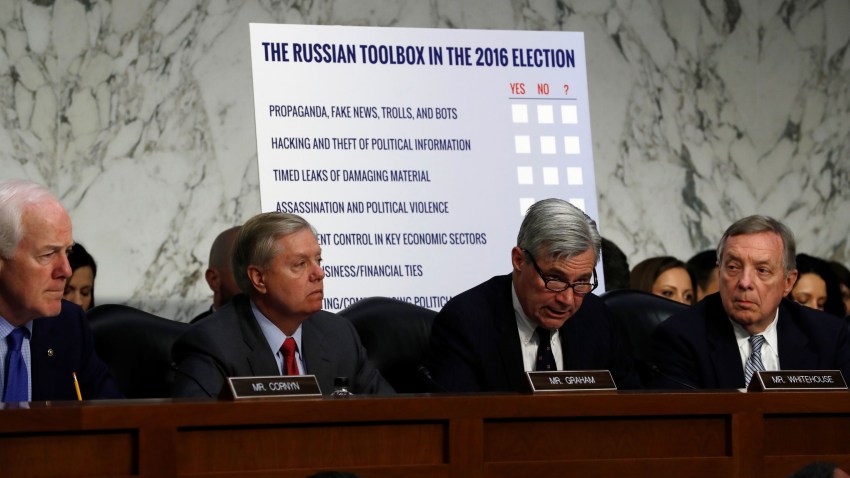Western governments and people often tend to see international affairs as resembling the board game Risk. Each country wields sovereignty within its own borders, with the primary external threat from other countries being an attack by their armies aiming to seize territory. In this worldview, global trade and international cooperation take place amid a landscape of territorial borders defended primarily by military might.
But the world today is not like Risk. Armed attacks by one state to seize territory from another are rare and immensely challenging, as Russia’s invasion of Ukraine demonstrates. Instead of military domination of territory, today’s world lends itself to states seeking to gain influence over other states by interfering in their internal politics and, where applicable, their democratic systems. States may engage in this foreign interference with the aim of destabilizing and weakening other countries, or even of creating political or economic dependence. Viewed this way, foreign interference, and not military attack, is now the primary external threat to a country’s governance and prosperity.
While foreign interference is not a new concept, today’s globalized markets and information systems enable it on a scale never seen before. In most countries, much of the foreign interference that takes place isn’t necessarily unlawful, as it can be conducted by legitimate as well as illegitimate means. Indeed, the past few years have seen exposure of a wide variety of both lawful and unlawful attempts at foreign interference.

